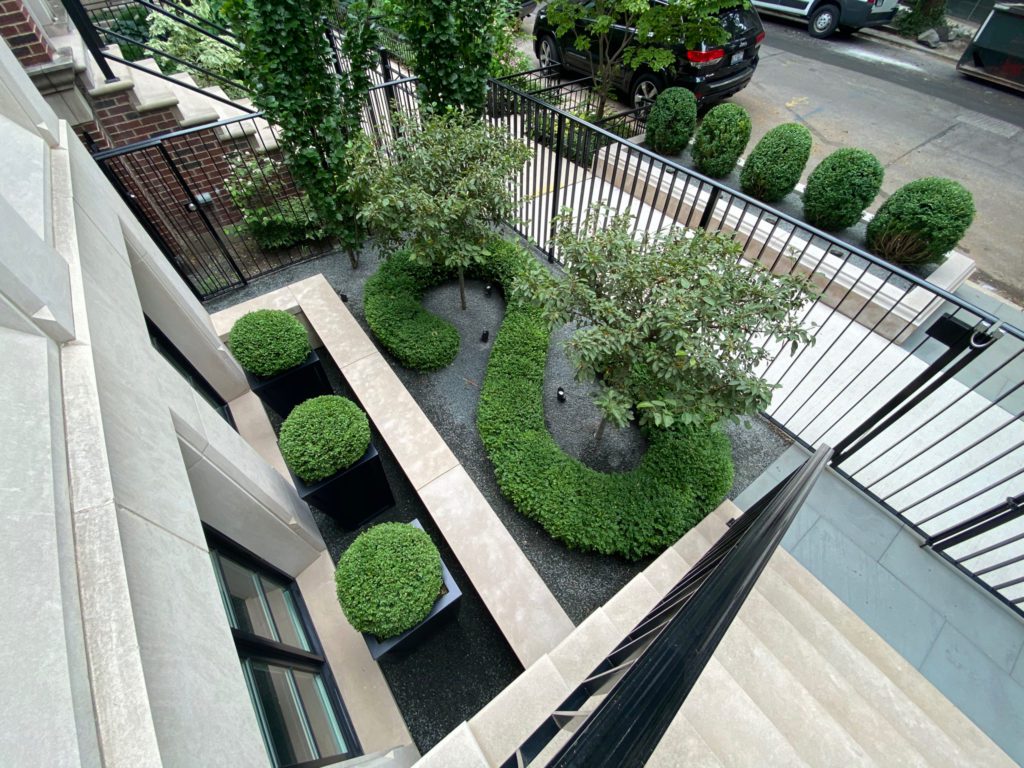Maintaining healthy and biologically active soil in your garden contributes to healthier plants that are less vulnerable to disease and pests, vibrant growth and less runoff or wasted water. Soil is comprised of many types of microbes, bacteria and fungi that avail plants by providing necessary minerals as food. Preparing the soil in your garden and adding organic matter to the soil is very important for maintaining and building healthy soil.

You must first know your soil in order to prepare it for gardening. You should know the type and texture of your soil in order to determine how it retains water. You should also be aware of the amount of nutrients and minerals available in the soil, the pH and what additional nutrients are necessary.
HERE ARE SOME TIPS THAT CAN HELP YOU MAINTAIN A HEALTHY GARDEN:
Balance your soil pH
A soil that is too acidic or alkaline makes the growth of plants difficult. A pH test evaluates the ratio of hydrogen ions to hydroxyl ions in the soil. A soil that is highly acidic in nature has a higher amount of hydrogen ions. The pH ranges from 0 to 14 and we consider a soil with a pH of 7 as a neutral soil. Most of the important plant nutrients are normally soluble at pH ranges of between 6.5 and 6.8. pH levels that are much lower or higher make soil nutrients become bound in the soil particles and deprive the plants of nutrients.
Try composting
While preparing your garden, you can utilize normal waste products like animal manures and plant materials. The compost materials normally neutralize excessive pH, which helps maintain soil moisture and encourages the growth of soil building organisms like earthworms. Earthworms feed on garden waste to excrete a healthy form of fertilizer and compost.
Use cover crops
Cover crops grown prior to the planting season help to maintain a healthy garden. Cover crops maintain the texture of the soil by preventing erosion and reducing compaction. The use of cover crops also increases the amount of organic matter and helps the soil to draw nutrients.
Consider how you water your soil
The amount of water required depends on the type of soil, the type of plant found in your garden and the climate. You should water your plants directly on the roots and leaves during a hot and dry climate and water only the roots in a warm and humid climate to lower the distribution of fungal diseases.
Consider mulching
This is the application of a layer of materials on the soil surface to modify soil texture, keep the soil cool, suppresses weed growth and to reduce evaporation of water. Mulching prevents the soil from crusting and drying to help preserve healthy soil structure.
Design your garden
A properly designed garden can help ease maintenance. Avoid keeping heavy items on your soil and install a drip irrigation system to minimize the impact of water on your soil.



